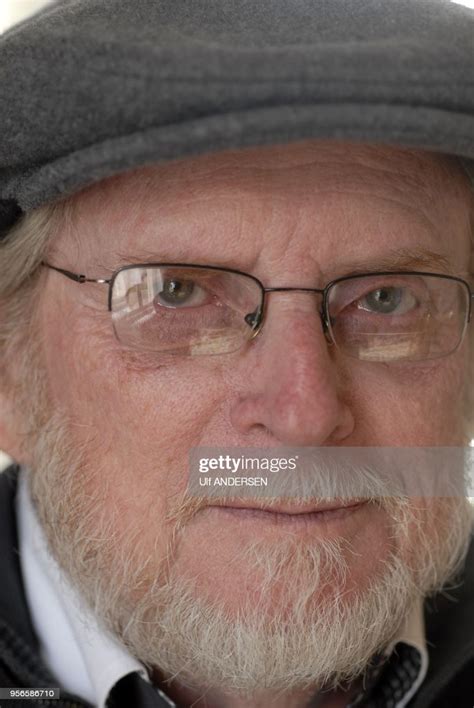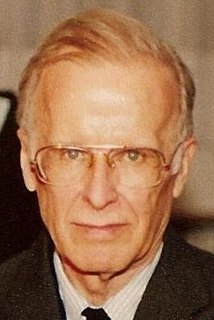A Quote by Doris Lessing
I don't know much about creative writing programs. But they're not telling the truth if they don't teach, one, that writing is hard work, and, two, that you have to give up a great deal of life, your personal life, to be a writer.
Related Quotes
Now the truth is, writing is a great way to deal with a lot of difficult emotional issues. It can be very therapeutic, but that's best done in your journal, or on your blog if you're an exhibitionist. Trying to put a bunch of *specific* stuff from your personal life into your story usually just isn't appropriate unless you're writing a memoir or a personal essay or something of the sort.
You know, I began my life as a creative person writing true things for magazines and telling some very honest, straightforward personal essaying for This American Life, but until someone forces you, with a deadline, to really observe your life - unless you're motivated to do it yourself - there's so many stories that you miss.
I don't teach writing. I teach patience. Toughness. Stubbornness. The willingness to fail. I teach the life. The odd thing is most of the things that stop an inexperienced writer are so far from the truth as to be nearly beside the point. When you feel glosbal doubt about your talent, that is your talent. People who have no talent don't have any doubt.
Here's the truth about telling stories with your life. It's going to sound like a great idea, and you're going to get excited about it, and then when it comes time to do the work, you're not going to want to do it. It's like that with writing books, and it's like that with life. People love to have lived a great story, but few people like the work it takes to make it happen. But joy costs pain.
I found that life intruding on writing was, in fact, life. And that, tempting as it may be for a writer who is a parent, one must not think of life as an intrusion. At the end of the day, writing has very little to do with writing, and much to do with life. And life, by definition, is not an intrusion.
You honor your writing space by recovering, if you are an addict. You honor your writing space by becoming an anxiety expert, a real pro at mindfulness and personal calming. You honor your writing space by affirming that you matter, that your writing life matters, and that your current writing project matters. You honor your writing space by entering it with this mantra: “I am ready to work.” You enter, grow quiet, and vanish into your writing.
I don't think you could teach someone to be a genius, but you can certainly teach them to not make rookie mistakes and to look at writing the way a writer looks at writing, and not just the way a reader looks at writing. There are a lot of techniques and skills that can be taught that will be helpful to anybody, no matter how gifted they are, and I think writing programs can be very good for people.
Writing has to do with truth-telling. When you're writing, let's say, an essay for a magazine, you try to tell the truth at every moment. You do your best to quote people accurately and get everything right. Writing a novel is a break from that: freedom. When you're writing a novel, you are in charge; you can beef things up.
When you're young, your perception of what it means to be a writer is often less about the writing and more about what seems to be the accompanying life: speeches and travel and hanging out with other writers. You think that when you get published, your life will clarify itself to you somehow. But when you don't get published until you're middle-aged you know who you are already, and your life expands to make room for your writing, rather than orbiting around it. You realize that there's no one way to be a writer, and that the job is less of an identity and more of a vocation.





































